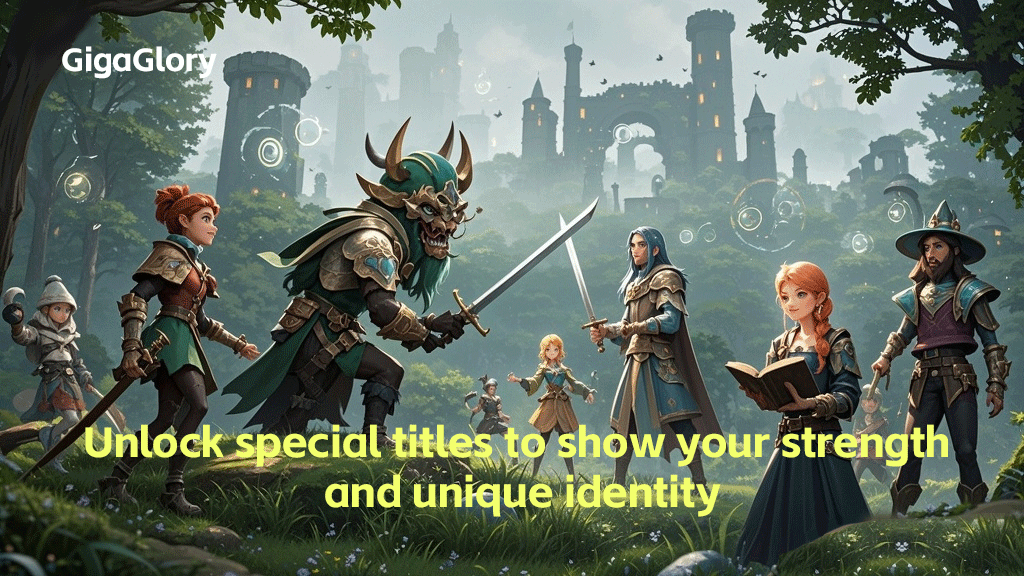Unlock Your Mind: How Simulation and Puzzle Games Enhance Your Problem-Solving Skills
In today’s fast-paced world, the ability to solve problems effectively has become an invaluable skill. Luckily, simulation and puzzle games usually found on various platforms have emerged as an engaging way to sharpen this skill. With many options on the market, including beginner-friendly games, the potential for improvement is vast. Let’s delve into how these games work in enhancing your problem-solving abilities and why they serve as excellent tools for personal development.
Understanding Simulation and Puzzle Games
Simulation games mimic real-life scenarios, allowing players to experiment with different strategies and actions in a controlled environment. On the other hand, puzzle games challenge players to think critically and logically to progress. Both categories of games encourage creativity while fostering strategic thinking. Together, they provide players with a unique blend of challenges that can point toward better problem-solving skills.
The Brain-Boosting Benefits
Engaging in simulation and puzzle games leads to numerous cognitive benefits:
- Enhancement of Critical Thinking: Players learn to analyze situations quickly and make decisions accordingly.
- Improvement of Memory: Many games require players to remember details, improving overall memory retention.
- Increased Patience: Solving puzzles can often take several attempts, teaching players to be more patient.
- Cognitive Flexibility: Players learn to switch between different strategies and approaches based on the situation at hand.
How Do Simulation and Puzzle Games Cultivate Skills?
Learning through play is a wonderful way to develop skills without feeling the pressure of formal education. Here’s how simulation and puzzle games cultivate those essential skills:
1. Risk Assessment
Games that simulate scenarios allow players to take calculated risks. Players quickly learn to weigh the potential benefits against possible drawbacks, enhancing their ability to analyze situations effectively.
2. Strategic Planning
Puzzle games often require a strategic approach, pushing players to plan several steps ahead. This skill transfers well into real-life problem solving, where anticipating future obstacles can lead to better outcomes.
3. Collaboration and Communication
Many simulation games are designed for multiplayer experiences, fostering teamwork. Collaborative problem-solving directly translates to professional and personal scenarios, allowing players to navigate complex social dynamics.
Examples of Effective Simulation and Puzzle Games
Choosing the right game is crucial for improving problem-solving skills. Here are some renowned titles:
| Game Title | Type | Main Features |
|---|---|---|
| The Sims | Simulation | Create and manage a virtual life, strategizing for daily needs. |
| Portal 2 | Puzzle | Use portals to solve intricate puzzles in a comedic sci-fi environment. |
| Factorio | Simulation/Puzzle | Build and manage factories while optimizing resource management. |
| Color Page ASMR Game | Puzzle | Relaxing experience that enhances creativity and focus. |
Incorporating Games into Your Routine
To make the most of simulation and puzzle games, you should consider incorporating them into your daily routine:
- Set Aside Time: Dedicate specific times in your week for engaging with these games.
- Choose a Variety: Alternate between simulation and puzzle games to experience diverse challenges.
- Reflect: After each gaming session, take time to reflect on what skills you used and improved.
Conclusion
Simulation and puzzle games are more than just leisurely distractions; they are powerful tools for enhancing problem-solving skills. By engaging in these games, you can develop critical factors such as analysis, strategic planning, and creative thinking. For those looking to improve their cognitive abilities in a fun way, integrating gaming into your routine is a strategy worth exploring.
FAQ
Q1: Do I need to be an experienced gamer to benefit from these games?
A1: No, most games come with levels ranging from beginner to advanced, catering to players of all experience levels.
Q2: How much time should I invest in gaming for skill improvement?
A2: Ideally, aim for at least 1-2 hours of focused gameplay each week, while ensuring a balance with other activities.
Q3: Can these skills be applied outside of gaming?
A3: Absolutely! The problem-solving strategies learned from gaming can be applied in daily life situations, work, and social environments.



